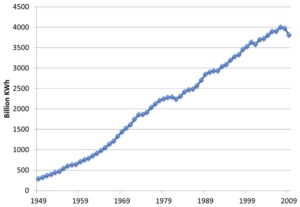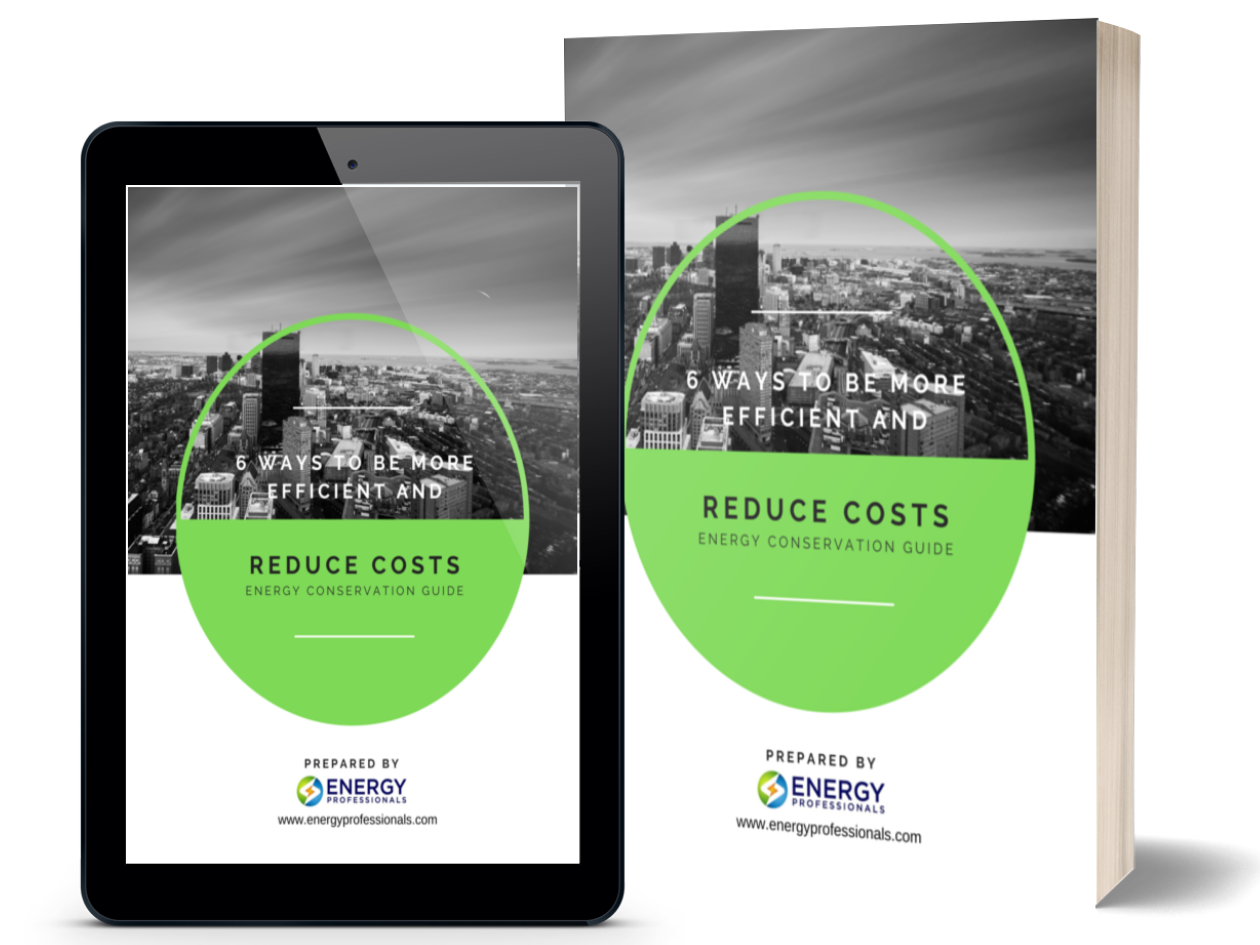What Determines Natural Gas Prices?
The Relationship Between Natural Gas & Your Electricity Bills When it comes to finding lower energy rates we all have

The Relationship Between Natural Gas & Your Electricity Bills When it comes to finding lower energy rates we all have
When it comes to finding lower energy rates we all have a few things in common:
What is the relationship between natural gas and electricity? Now that’s a good question. Here you are trying to figure out how to pay less for electricity and I’m writing an article that talks about natural gas.
Yes of course, depending on where you live and depending on the time of the year, you might use natural gas to heat your home or business.
But unless you’re a manufacturing plant, a steel plant, or a massive plant of some kind, the chances are that you are not using a ton o natural gas all year round. But you are using electricity.
So what’s the correlation? And, how can, understanding more about the natural gas market help you find lower energy rates?
The first thing you need to know is that natural gas is currently the largest source of U.S. electricity generation. That means the price of natural gas is closely related to the price you pay for your electricity.
In the above graphic, you can see the main sources we use to generate electricity, the largest being natural gas.
It’s also great to see renewables becoming a greater source of electricity however, it will be a while before wind, solar, and hydropower overtake fossil fuels.
Having a better understanding of what determines natural gas prices will help you make better decisions about your energy, which energy suppliers to choose, whether to choose a variable or fixed energy rate, and the best time to engage in or renew your energy agreement.
In this article, I am going to explain in very simple terms six of the biggest factors behind the natural gas market.
At Energy Professionals, our Energy Consultants are trained to help you find low and competitive energy rates for your business, and with long-term relationships with top energy suppliers we are able to beat market-based energy rates in almost every case. To have one of our consultants review your electric bill and conduct a free energy analysis please call us at (844) 674-5465.
The weather affects pricing in two ways:
The first is routine weather patterns. It’s no mystery that during hotter or colder months your electricity bill is higher. That’s not just because you are using more energy to cool or heat your home but you are also paying more for each unit of energy that you use.
Most utilities update their energy rates monthly or twice a year and weather, climate, and season have a lot to do with those rates and how they are set.
Weather can increase or decrease the general natural gas and electricity demand and so affect pricing.
That’s why electricity and natural gas rates are usually higher during the winter and summer periods, and lower during lower-demand periods such as spring and fall.
The second way weather impacts the energy market is through extreme weather!
Heavy snow, blizzards, tornadoes, hurricanes, title waves, and even things like forest fires can have a big influence on natural gas production, and distribution, causing prices to spike. An unfortunate example is what happened in Texas earlier this year.
Why is it that every time prices go up at the pump there is a good chance that electricity rates will follow? How are gas prices and electricity rates related?
Gas comes from crude oil and oil drilling.
What a lot of people don’t know is that a lot of the natural gas that we use to produce electricity comes as a byproduct of oil drilling. As oil is drilled pockets of natural gas release natural gas, which is capture, transported, and used to create electricity.
When the costs of drilling oil increase, or when production decreases, this impacts the amount of natural gas produced and consequently, the natural gas market.
A good example of this is recent restrictions on off-shore oil drilling and fracking on government land.
Here you can see a one year graph of the natural gas rates:
To read the latest updates about the natural gas market visit our energy market page or subscribe to our updates.
In order to keep up with demand and the predicted demand for natural gas, massive natural gas storage facilities exist so that natural gas is always on hand.
The amount of natural gas on hand helps determine the supply and so impacts pricing, however, the costs of maintaining these huge storages, as well as associated fees, can play a part in increasing natural gas prices.
As of 2021, the U.S. has over 400 natural gas storage facilities in 30 states.
Like any commodity, the supply and demand of natural gas are some of the major factors that determine natural gas prices.
I touched on this a bit above when I spoke about natural gas rates increasing during periods of the year where demand is higher.
Reserves of natural gas kept in storage across the United States have the greatest current influence over natural gas prices and so electricity rates (since natural gas is used to create electricity).
Without adequate reserves to meet demand during peak usage months, increased scarcity spurs natural gas companies to push production to refine more usable gas.

Here you can see the U.S. total yearly demand for electricity increasing from 1949-2009. The U.S. consumes a bit less than four trillion kilowatt-hours of electricity each year, with the electric sector as a whole representing more than $350 billion in retail sales.
If the supply and demand of natural gas are one of the biggest factors behind natural gas pricing, what will happen as the U.S. economy grows, as more manufactures start producing more products, and as consumers start to buy more?
As the economy grows, so does the price of natural gas.
In a strong economy that shows good growth, particularly in industrial and commercial markets, demand for natural gas and electricity spikes.
Companies experience an increase in demand for their goods and services, which in turn raises the wanted level on natural gas as a power source.
As more economic sectors demand natural gas, the price invariably increases. Economic growth is also a big reason to why electricity prices are higher today than they were 20 years ago.
How does inflation impact energy rates?
In a recent news article published by Energy Professionals, our commodity analyst released the following statement:
“I believe three years from now you may look back and realize there was only one cost of doing business you could have stopped increasing, your cost of energy for natural gas and electricity.”
When we’re looking at a constantly growing economy, inflation only accelerates the increase of natural gas and electricity rates and almost all commodities for that matter.
Among the many products directly affected by inflation, Yahoo predicted twenty essential necessities that will see increased prices in 2021.
The list includes homes, groceries, clothes, cleaning supplies, computers and electronics, mail, postage, eating out, airplane tickets, healthcare insurance, exercise equipment, and electricity.
Suggested read: Energy Professionals’ Price Protection Program Helps Guard Small Businesses Against Predicted Inflation
If your home or business is in a deregulated energy state, you have a choice as to where you buy your natural gas and electricity.
Competing for your business, retail energy suppliers hedge against the market to bring you to lower energy prices, helping you pay less for your electricity each month.
Also, the use of natural resources among energy companies and industrial operations changes regularly depending on availability and price. Typically, these companies look to leverage the cheapest natural fuel source to control their own production cost.
So there you have it, 6 major factors that impact natural gas pricing.
At Energy Professionals, we have a commodity analyst who keeps an eye on the natural gas market and issues timely updates that will keep you informed about natural gas and electricity prices, as well as good times to renew your energy contracts.


Don't have one? You can get one by calling us at 855-4-PKIOSK.
Energy Professionals is committed to finding its customers the best possible rates on electricity and natural gas. Tell us your location and service type and our energy manager will connect you to the most competitive offers.
Switching to an alternate supplier is easy. There is no chance of service disruption, and you'll continue with your current utility for energy delivery and emergency service. Take a few minutes to discover your best offers, and enjoy the benefits of retail energy in your home or business.
1. Energy Type
2. Service Type
3. Zip Code
4.Local Company
5.Zone
We believe that knowledge is power. Here’s a free e-book that provides business solutions to reducing energy costs.
Download E-Book Free Energy Audit




